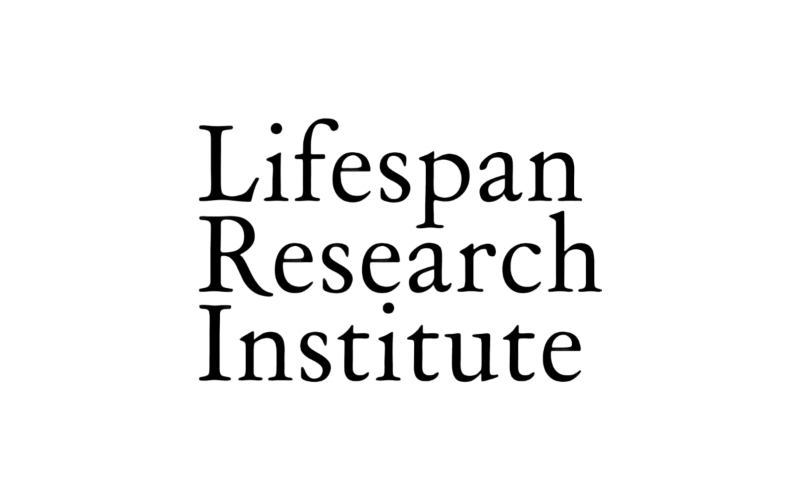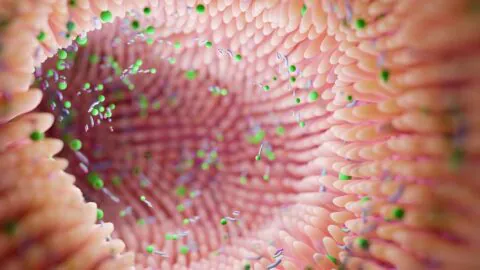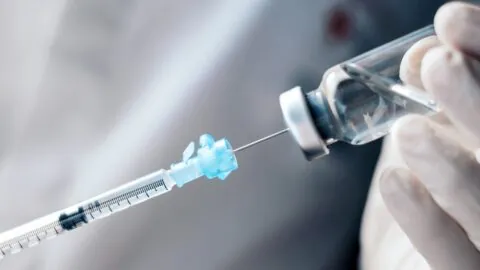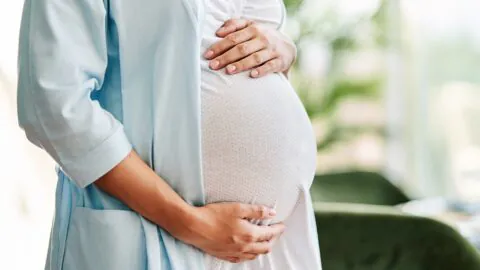Anna graduated from the University of Virginia, where she studied genetics in a tiny worm called C. elegans. During graduate school, she became interested in science communication and joined the Genetics Society of America’s Early Career Scientist Leadership Program, where she was a member of the Communication and Outreach Subcommittee. After graduation, she worked as a freelance science writer and communications specialist mainly with non-profit organizations.
Related Organizations
Articles from this author
February 18, 2026
A recent study suggests that cognitive enrichment throughout life is associated with reduced dementia risk, and it has the potential to delay the onset of dementia and mild cognitive impairment by five to seven years [1]. Cognitive stimulation Engagement in cognitively stimulating activities has been linked to lower dementia incidence, better cognitive function, and a...
February 11, 2026
Transferring microbiota from young to aged mice helped to restore molecular signaling necessary for proper intestinal function and improved the regenerative capacity of intestinal stem cells [1]. Everyday companions Bacteria, viruses, and other microbes are well-known as agents that cause disease and should be avoided. However, the microbes that make us sick, while more noticeable,...
February 04, 2026
A recent study analyzed data from over 15,000 participants and their intake of 11 vitamins, and the results suggested that higher vitamin intake, particularly of Vitamins C and B2, is associated with slower biological aging [1]. Beneficial molecules One of the easiest and most accessible ways to improve health and lifespan is to consume a...
January 28, 2026
An analysis of over 3800 older adults found that shingles vaccination is associated with lower inflammation scores, slower epigenetic and transcriptomic aging, and a lower composite biological aging score [1]. Beneficial side effects Vaccines are developed to prevent specific diseases, such as polio, measles, hepatitis, and many others. However, recent data suggest that some adult...
January 21, 2026
The authors of a recent study investigated the relationship between reproduction (number and timing of children), aging, and survival. An analysis of seven distinct reproductive trajectories suggested that two groups, women with the most live births and childless women, showed accelerated aging and increased mortality risk [1]. To maintain the body or to reproduce? "From...
January 14, 2026
A recent review of literature investigated the risks and benefits of hormone replacement therapy. The authors point out that this approach could be used as a geroprotector to extend the healthspan of women. However, the risk-benefit ratio should be individually evaluated. [1] Sex-specific aging trajectories Female and male aging trajectories differ, and one contributor is...







